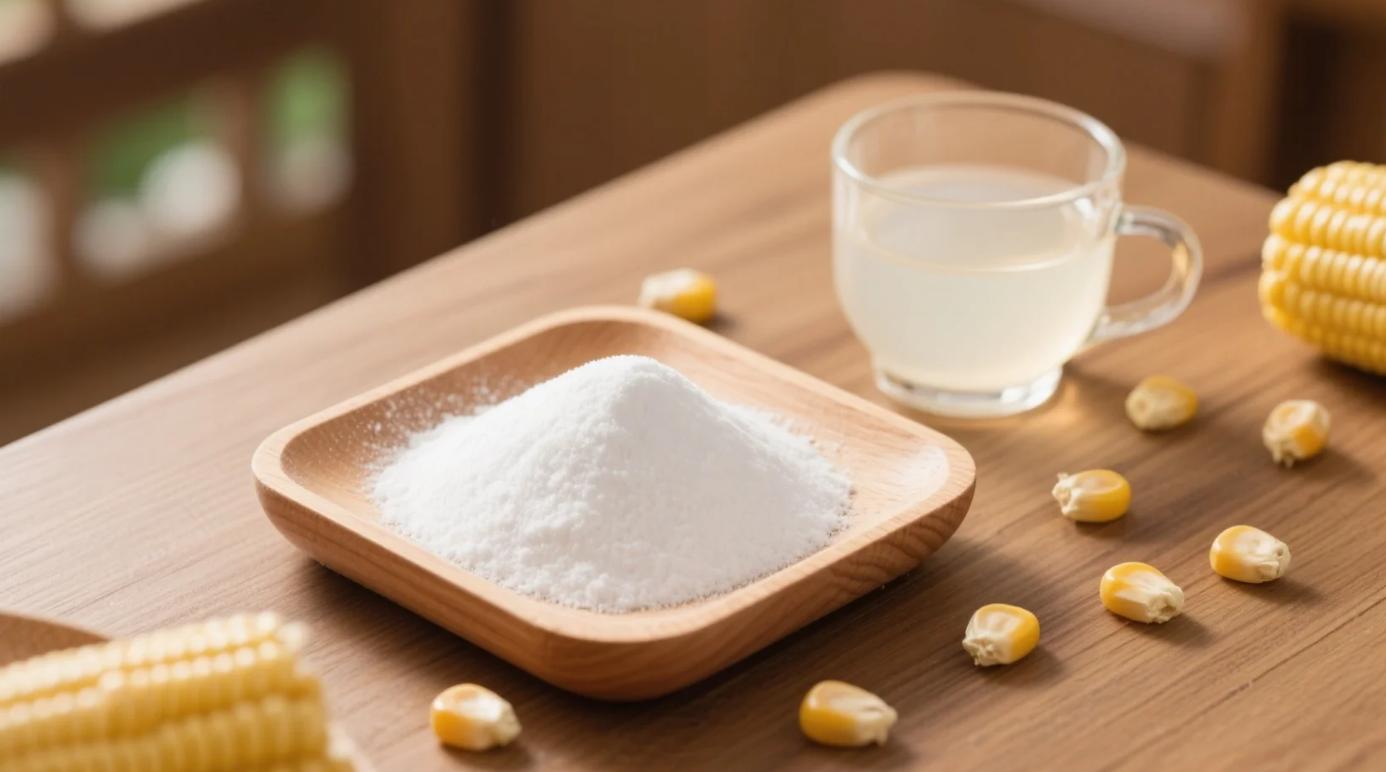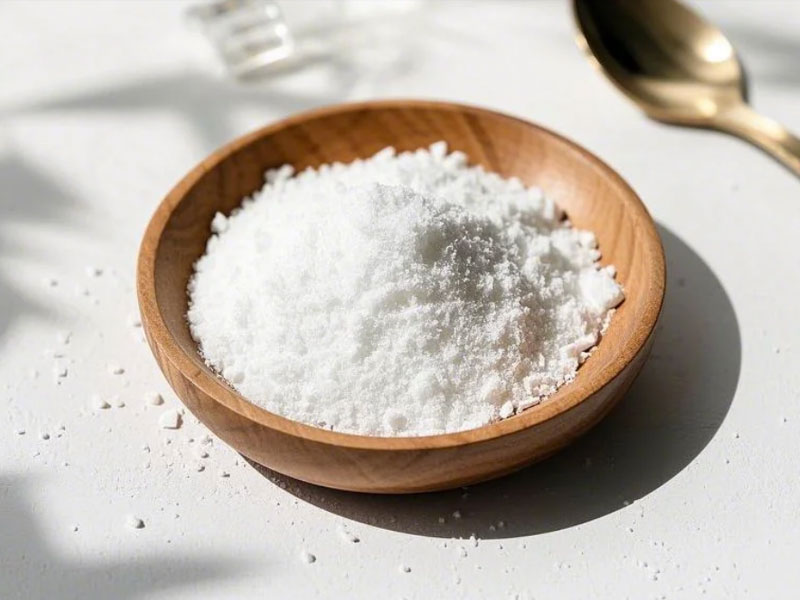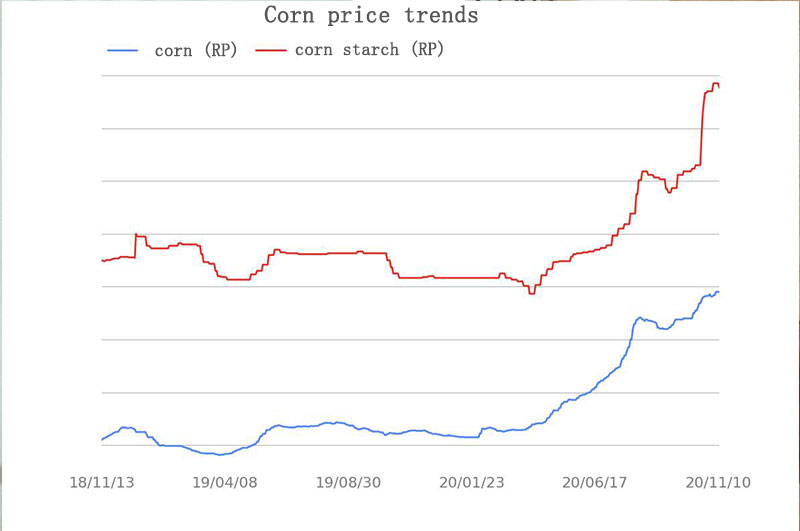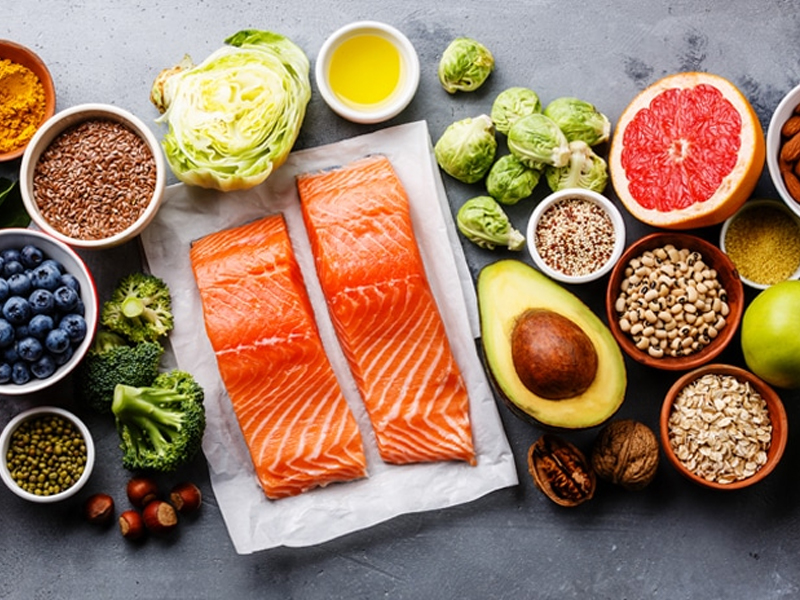The Sweetener Safeguarding Your Kidneys
As low-calorie sweeteners surge in popularity, organic allulose—a rare sugar found in figs and raisins—has faced scrutiny over its impact on renal health. With organic allulose syrup and powder gaining FDA GRAS status, it’s time to answer the critical question: Does allulose harm the kidneys? Let’s dive into the science and why organic sourcing matters.

1. Allulose & Kidney Health: What Research Reveals
Metabolic Safety
- No Renal Strain: Unlike high-protein sweeteners (e.g., aspartame), allulose doesn’t produce nitrogenous waste, sparing kidneys from excess filtration work.
- Blood Sugar Stability: Prevents glucose spikes linked to diabetic nephropathy (kidney damage). A 2023 Journal of Renal Nutrition study found allulose reduced urinary albumin (a kidney stress marker) by 18% in prediabetics.
Detox Support
- Antioxidant Boost: Organic allulose increases glutathione levels, aiding the kidneys in neutralizing toxins.
- Blood Pressure Balance: Animal studies show allulose mildly lowers systolic BP, reducing hypertension-related kidney strain.
2. Organic Allulose Syrup vs. Powder: Kidney-Smart Uses
Organic Allulose Syrup
- Diabetic-Friendly Baking: Replaces honey or maple syrup in renal-friendly desserts (low potassium, phosphorus).
- Hydration Helper: Mix into electrolyte water for a low-osmolality drink gentle on compromised kidneys.
Organic Allulose Powder
- Pharma Applications: Masks bitterness in kidney medications without adding sodium or phosphorus.
- Low-Oxalate Recipes: Ideal for kidney stone-prone individuals—unlike high-oxalate sweeteners like beet sugar.
3. Why Organic Certification Matters for Kidney Health
Conventional allulose often uses GMO corn treated with atrazine, a herbicide linked to kidney inflammation in animal studies. Organic certification ensures:
- Non-GMO Sourcing: Derived from pesticide-free figs or organic corn, avoiding nephrotoxic chemicals.
- Clean Enzymatic Processing: No synthetic solvents like hexane, which leave residues taxing to renal detox pathways.
- Heavy Metal Testing: Rigorous checks for cadmium and lead—common kidney stressors in conventional crops.
4. Allulose vs. Other Sweeteners: Kidney Impact Compared
| Sweetener | Kidney Risk | Organic Allulose’s Edge |
|---|---|---|
| Aspartame | Potential phenylalanine buildup | No amino acids, safe for CKD patients |
| Erythritol | May crystallize in kidneys* | Fully soluble, no crystallization |
| Sucralose | Linked to gut-kidney axis issues | Supports gut-kidney harmony |
| Honey | High potassium (risky for CKD) | Zero potassium, phosphorus |
*Controversial; studies ongoing.
5. Safe Usage: Guidelines for Renal Wellness
- CKD Patients: Consult a nephrologist first. Safe at ≤15g/day in most stages (per 2023 Clinical Nutrition guidelines).
- General Wellness: Up to 30g/day (FDA GRAS) for healthy adults.
- Pair Smart: Combine with cranberry extract to support urinary tract health.
6. Debunking Myths
Myth: “Allulose is processed by the kidneys like artificial sweeteners.”
Fact: 90% is absorbed in the small intestine and excreted unmetabolized via urine without kidney involvement.
Myth: “All sweeteners harm kidneys long-term.”
Fact: Organic allulose’s lack of metabolites (vs. aspartame’s formaldehyde) makes it renal-friendly.
7. The Future of Kidney-Conscious Sweetness
- Renal-Formulated Blends: Allulose + astragalus root for synergistic kidney support.
- Carbon-Neutral Production: Solar-powered enzymatic processes reduce environmental toxins impacting renal health.
Sweeten Without Compromise
Organic allulose syrup and powder offer a revolutionary choice for kidney-conscious consumers. Backed by science and crafted with organic integrity, allulose proves sweetness and renal health can coexist—naturally and deliciously.
Choose purity. Protect your kidneys.
Recommended Product
Organic Allulose Sweetener
Zero-Calorie, Natural Sweetener for Clean-Label Food, Beverage & Keto Formulations


